
Olympic Athletes Promote Ditching Cow Milk During Closing Ceremony
During the closing Ceremony of the South Korea Olympics this commercial staring Olympic medalists aired to over 5 million households across America on NBC (including in Los Angeles, San Francisco, Dallas, Chicago, New York and Washington DC).
This is an absolutely ground-breaking commercial and shows the progress that is being made to raise awareness of the negative impact dairy consumption has on our health.
During the 2016 Summer Olympics in Rio the dairy industry started running commercials for cow milk, however they likely didn't expect a counter-group of medal-winning Olympians would devise a plan to drop a public service announcement during the closing ceremonies in South Korea.
The campaign aired in six markets (New York, Los Angeles, Chicago, Washington D.C., San Francisco and Dallas - over 5 million households) during the start of the closing ceremony and features stories from five former Olympians about the health and performance benefits they experienced when they eliminated cow milk from their diet.
The campaign is led by Dotsie Bausch, a silver medal-winning cyclist, and features Seba Johnson, the first black female skier in the Olympics and the youngest in her sport at the 1988 games; Kendrick Farris, a three-time Olympian and the only U.S. male weightlifter to qualify for the Rio games; Kara Lang, a member of the 2008 U.S. women’s Olympic soccer team; and Malachi Davis, a 2004 Olympic sprinter.
“I switched to a whole foods, plant-based diet about two and a half years before the 2012 Olympic games,”
Bausch told Adweek.
“I stood on the podium at 39 years old, the oldest competitor ever in my specific discipline. My diet change was the key factor in me being able to recover quicker, decrease inflammation and have all the stamina and energy I needed to compete against competitors 20 years my junior.”
Bausch said the closing ceremony for the PyeongChang games was the perfect medium to debut her “Switch4Good” campaign, given that it will shake up what viewers have been seeing from the Milk Life ads throughout the winter programming, specifically its claim that “nine out of 10 Olympians grew up drinking milk.”
“Which is probably true,” Bausch noted, “but also wildly misleading. Our grandparents grew up smoking. I bet nine out of 10 serial killers grew up drinking milk, too. What you drink as a child has nothing to do with whether you will grow up and become an Olympian.”
The campaign website Switch4Good.org features well referenced information on the harmful effects of cow milk consumption.
Fractures: Dairy for brittle bones?
Advertisements push dairy for strong bones but research begs to differ. Drinking 2+ glasses of milk per day increased womens’ risk of hip fracture by 45%[1]. Those getting the recommended 3+ glasses per day had a 60%[2] greater hip fracture rate. For truly strong bones, shift your focus to fruits and vegetables[3]: Women eating twice the fruit had 5%[4] denser bones.
Ovarian Cancer: The dairy-ovarian cancer connection
Which food was most[5] closely connected to ovarian cancer, the #1[6] cause of gynecologic cancer deaths, in women from 40 countries across five continents? Milk. Women who drank just 1+ glass of whole milk per day were at three[5] times greater risk for ovarian cancer, though even skim milk[5] has been tied to this deadly disease. While dairy can increase[9] risk, vegetables stack the odds in our favor. Eating 3+ servings of vegetables per day dropped the risk of ovarian cancer by 39%[10].
Prostate Cancer: Milk and male health
Our sons have a 1 in 9[11] chance of developing prostate cancer throughout their lifetimes. By drinking milk each day during adolescence, they increase their risk of advanced prostate cancer by more than threefold[12]. When explored across 42 countries, milk was the food most[13] closely linked to both developing prostate cancer and dying from it. Men who bypass dairy and eat a plant-based diet on the other hand, cut their risk of prostate cancer by 35%[14].
Estrogen: Pre-workout birth control hormones
Milk and dairy products supply 60-80%[15] of the estrogen in our diets. In fact, just 30-60 minutes after drinking milk, estrogen levels increase by 26%![16] Pomegranate juice on the other hand, promotes more desirable[17] estrogen levels. Compared to drinking a placebo, pomegranate juice can increase Olympic weightlifting performance by 8%[18], decrease how hard training felt by 4%, and decrease muscle soreness by 13%. Which sounds like a healthier, more productive drink to you?
Cortisol: Belly fat boosting, muscle wasting hormones in milk
You may have heard of cortisol, a stress hormone consistently found[15] in milk. High cortisol levels cause us to store belly fat[20] and are linked to lower muscle mass and bone density[21]. Dairy-laden meals have been shown to increase[22] cortisol, but barley soup and a vegetable stir-fry with rice lowered levels of this stress hormone. Which type of meal would you choose for a toned, high-performance physique?
Trans Fat: Trans fats in milk block flow to muscles and inflame our bodies
More than 2%[23] of dairy calories come from trans fats, the most harmful fat in our food supply. Trans fats are so destructive that our nation’s most prestigious group of scientists declared they should be completely omitted[24] from our diet. Trans fats cripple arteries, cutting blood flow to our muscles by 29%[25] compared to saturated fat, another destructive fat in dairy. Trans fats also promote inflammation[25] while plant foods do the opposite. Berries[27] for example, boost artery function and soothe inflammation. If better blood flow and less inflammation mean superior performance and faster recovery, the scale tips hard away from dairy.
 Kendrick Farris (vegan) was the only male US weightlifter to qualify for the Rio Olympics
Kendrick Farris (vegan) was the only male US weightlifter to qualify for the Rio Olympics
Last week a vegan Olympic athlete won Gold and Bronze medals and rescued a dog destined for a South Korean dinner table.
The GameChangers documentary, set to be released later this year, features many outstanding athletes and examines the science of why a plant-based diet is ideal for athletes as well as the general population.
These days replacing cow milk in your diet is ridiculously easy - here's more information on where to start.
References
1. https://www.ncbi.nlm.nih.gov/pubmed/9224182
2. https://www.ncbi.nlm.nih.gov/pmc/articles/PMC4212225/
3. https://www.ncbi.nlm.nih.gov/pubmed/10197575
4. https://academic.oup.com/ajcn/article/83/6/1254/4633160
5. https://www.ncbi.nlm.nih.gov/pubmed/16125328
7. https://www.ncbi.nlm.nih.gov/pubmed/16125328
8. https://www.ncbi.nlm.nih.gov/pubmed/16125328
9. https://www.ncbi.nlm.nih.gov/pubmed/15531686/
10. https://www.ncbi.nlm.nih.gov/pubmed/15150575/
11. https://www.cancer.org/cancer/prostate-cancer/about/key-statistics.html
12. https://www.ncbi.nlm.nih.gov/pmc/articles/PMC3249408/
13. https://www.ncbi.nlm.nih.gov/pubmed/11857417
14. https://www.ncbi.nlm.nih.gov/pubmed/26561618
15. https://www.ncbi.nlm.nih.gov/pubmed/26258087
16. https://www.ncbi.nlm.nih.gov/pubmed/19496976
17. https://www.ncbi.nlm.nih.gov/pubmed/26327495
18. https://www.ncbi.nlm.nih.gov/pmc/articles/PMC5072630/
19. https://www.ncbi.nlm.nih.gov/pubmed/26258087
20. https://www.ncbi.nlm.nih.gov/pubmed/12119665
21. https://www.ncbi.nlm.nih.gov/pmc/articles/PMC4570173/
22. https://www.ncbi.nlm.nih.gov/pubmed/10204975
23. https://www.ars.usda.gov/ARSUserFiles/80400525/Data/Classics/trans_fa.pdf
24. https://www.nap.edu/read/10490/chapter/1
25. https://www.ncbi.nlm.nih.gov/pubmed/16611951
Subscribe!
Love this content?
Receive our awesome newsletter straight to your Inbox!

 Your email address will always stay private.
Your email address will always stay private.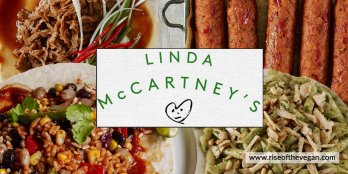
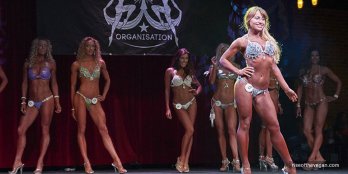

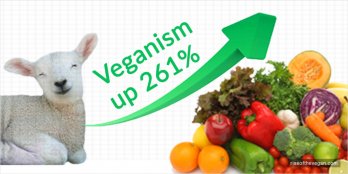
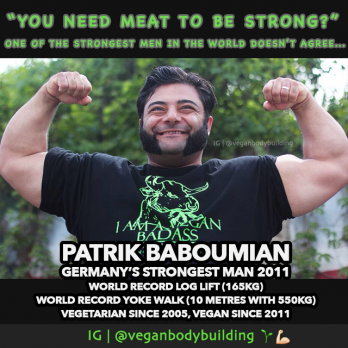
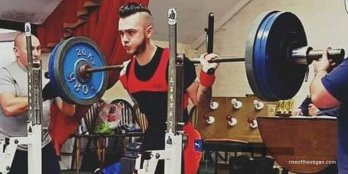

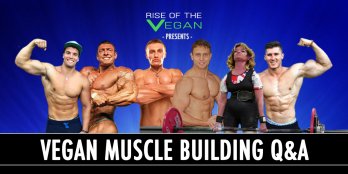
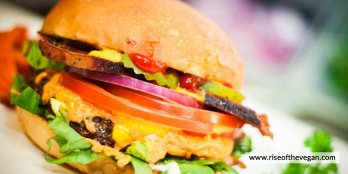
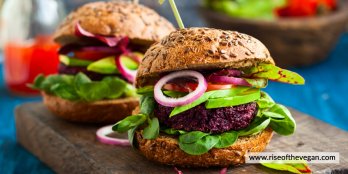
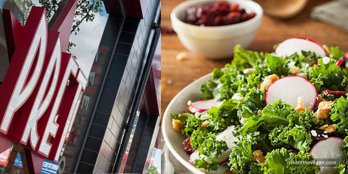

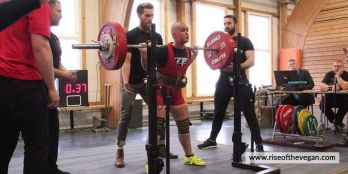
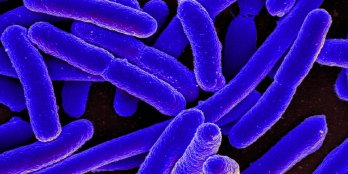

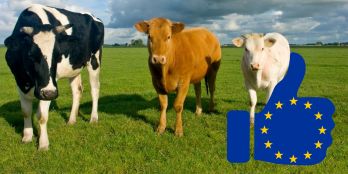
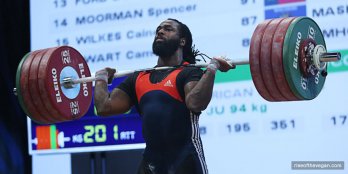
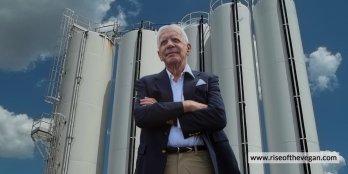
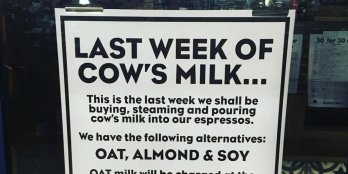
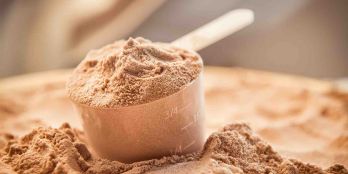

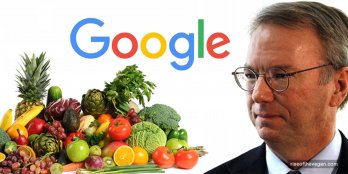
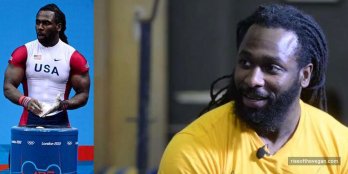

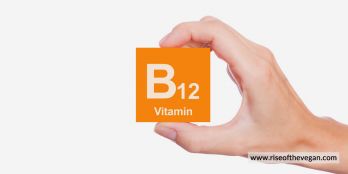
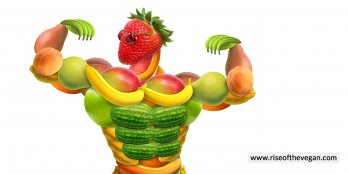

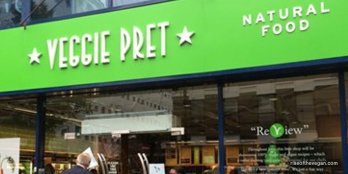
Comments